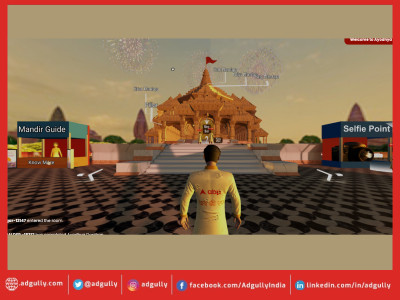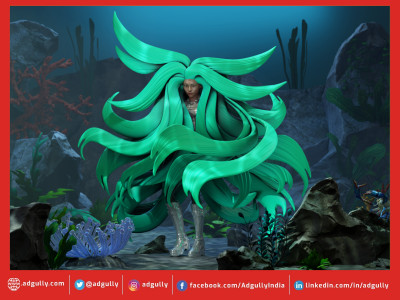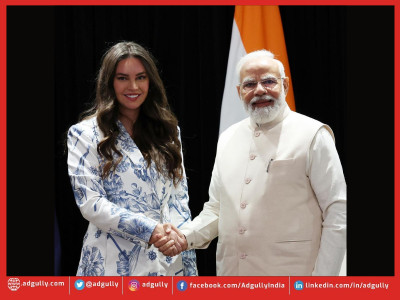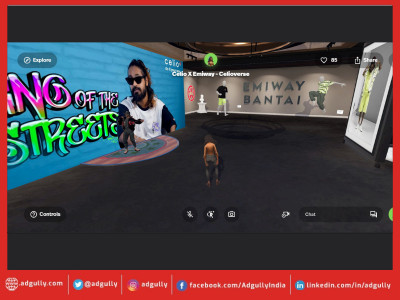The future of creator economy with the Metaverse with Ruchi Patel
Authored by Ruchi Patel, Lead on Creator management of OML
The rise of the metaverse has created a new realm of opportunities for the creator economy. The metaverse, a virtual space where people can interact with each other and digital objects in a fully immersive way, has become an area of focus for many companies, with the market expected to reach $1 trillion by 2030.
The potential for the metaverse is vast, with various industries set to benefit from this emerging technology, including the creator economy.
The Rise of the Creator Economy
The creator economy is a fast-growing market, according to a recent report by Deloitte, the global creator economy was valued at $104.2 billion in 2020 and is expected to grow to $337.2 billion by 2025, with the majority of growth driven by gaming and social media platforms. With the rise of the metaverse, this figure is set to increase even further as creators leverage the potential of this new environment. The metaverse has the potential to revolutionize the creator economy, providing a new way for creators to monetize their content and reach a broader audience.
Brands are tapping into the metaverse's potential by creating virtual experiences for customers. Fortnite, for instance, collaborates with various artists to create immersive virtual concerts and events within its virtual world. These concerts have been highly successful, with the Travis Scott concert drawing over 12 million concurrent players and the Ariana Grande concert attracting a record-setting 35 million views.
Another example is that of the fashion industry, which has also embraced the metaverse, with Gucci hosting a virtual fashion show in 2021 to showcase its latest collection in a virtual environment. The event was a huge success, with over 35,000 attendees. This allowed the company to reach a global audience and provided a new way for consumers to experience the brand.
The Potential of the Metaverse for Creators
The metaverse offers new platforms to creators to monetize their content, with virtual assets becoming a new source of revenue. Virtual assets, such as digital clothing, accessories, and virtual real estate, can be sold to consumers, providing a new way for creators to earn money.
In the metaverse, creators can also build virtual communities, where they can interact with their fans and showcase their work.
The potential of the metaverse for creators is significant, with various platforms already exploring this space. For instance, the virtual reality platform Decentraland enables creators to build their virtual worlds and monetize their content through the sale of virtual real estate, digital art, and other virtual assets. Similarly, the blockchain-based platform SuperRare allows creators to sell their digital artwork as non-fungible tokens (NFTs), which can be bought and sold like traditional assets.
Challenges and Opportunities
The rise of the metaverse has also created new challenges that need to be addressed. One of the primary concerns is ensuring user privacy and security within the virtual environment. As the metaverse becomes more prevalent, there is a need for regulations to protect users from fraud and other cyber threats.
Another concern is the regulation of virtual assets. The value of virtual assets can be volatile, with fluctuations in demand and supply affecting their value. The regulation of virtual assets will be crucial to ensuring that consumers are protected and that the market remains stable.
Conclusion
The metaverse is an exciting new platform for creators to showcase their work and engage with audiences, as well as an opportunity for brands to connect with audiences and showcase their products and services. The key to success in the metaverse is to build a user-centric ecosystem that prioritizes the needs and desires of its users. Creators, users, and companies must work together to create a metaverse that is inclusive, diverse, and sustainable.
















Share
Facebook
YouTube
Tweet
Twitter
LinkedIn